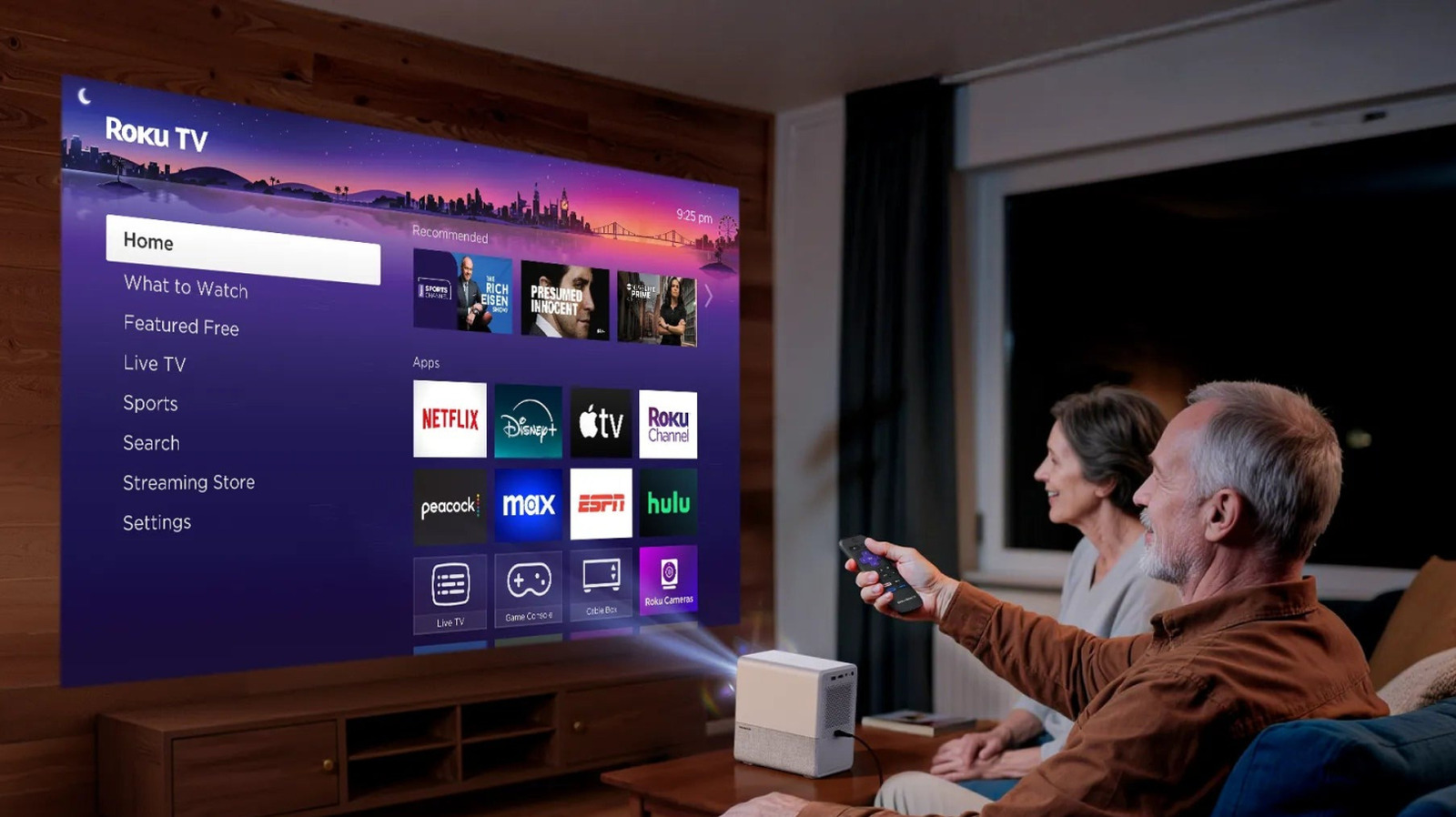Telework has established itself as a reality established among Spanish professionals. According to a zoom survey on remote work trends, 55.4?% Of workers in Spain ensure that they will continue to telework from home during the summer months, confirming the definitive consolidation towards hybrid models beyond the pandemic context and the subsequent return to the office that many companies have launched.
In addition, recent INE data indicate that approximately 14.6?% Of the employed population, about 3.2 million people according to the Active Population Survey (EPA), perform teleworking regularly or occasional.
Teleworking in each generation: Frequency and preferences differences
Teleworking habits They vary between generations. The Baby Boomers are the ones who choose the most teleworking once a week, with 50?%, Followed by generation Z with 45.15?%, And millennials with 41?%. As for teleworking twice a week, generation Z leads with 26.45?%, Followed by millennials with 23.91?%And Baby Boomers with 22.8?%. For three days of weekly teleworking, generation Z stands out with 20?%, Followed by millennials (14.91?%), Baby boomers (10.88?%) And Gen X (12.42?%).
This pattern shows how generation Z bets on a greater number of teleworking days, reflecting its expectations of flexibility and balance between personal and professional life.
AI and remote work: a growing tandem
The most used tools in remote work remain email (28?%), Office programs (21.2?%) And video calls (18.4?%). However, artificial intelligence tools are positioned strongly, since 45.7?% Of professionals already use them to find information and 65.2?% Value them as a key resource to automate simple tasks.
The adoption of the technological solutions driven by AI is specially marked by younger generations, with 49?%Of the Z generation using them daily, closely followed by millennials (47.2?%) And generation X (47.27?%). Also, 69?% Of generation Z and 67.88?% Of the gene x highlight the AI as a fundamental tool to simplify routine tasks. In the previous survey of 2024, 61% of Spaniards positively valued these technologies, but the current trend points to a deeper integration of AI.
A commitment to productivity from home
Almost half of the Spaniards surveyed (50.4?%) Considers that Teleworking increases the attractiveness of a labor offerperception that is especially marked in generation Z (58?%), followed by millennials (50.93?%) and generation X (48.79?%). Regarding productivity, approximately 42.6?% Of Spaniards say they optimize their work from home in a better way.
On the other hand, in the face of a possible total return to the office, 61.7?% Of the Spaniards I would negotiate to maintain a hybrid model or I would look for another work with a remote option. This posture is especially strong among the youngest: 50.32?% In generation Z and 42.55?% In millennials, while in the X gene to 35.45?%.
According to this study by Zoom El Telecomajo, in any of its modalities (hybrid or 100% remote) it has ceased to be a temporary solution to become a preferred and defended model by most Spanish professionals. Flexibility, greater productivity and conciliation between working life and personnel They are the main drivers of this preference, especially in younger generations.
In short, the growth in the adoption of tools based on artificial intelligence indicates that technology not only facilitates remote work, in turn makes it more efficient and attractive. In this context, companies that are committed to flexibility and digitalization will be better positioned to attract and retain short, medium and long term talent.












